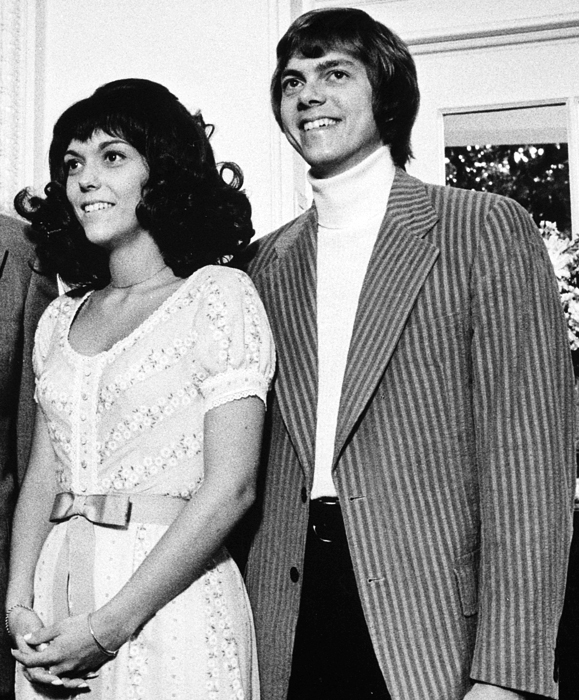Richard Carpenter, the multiple Grammy Award-winning composer, producer, arranger and half of the dynamic brother and sister duo, the Carpenters, is set to speak with students at UCLA as part of professor David Leaf’s Music Industry 105 course: “Songwriting: Killer Hooks, Essential Songs and Songwriters of the Rock Era.” Carpenter spoke with Daily Bruin’s Manjot Singh about the direction of music, his career and how to make it in the music industry.
Daily Bruin: Can you talk a little bit about your career and how the Carpenters got started?
Richard Carpenter: Well, to make a long story short, Karen and I made a demo. We met a chap named Joe Osborn, a premier session electric bass man on the West Coast. He had a garage studio and we got to know him. Karen and I did the tracks, and every now and again he’d play bass. We did a lot of ping-ponging if you know what I’m talking about, because you’re only dealing with four tracks, and here are all these voices, like 12. … It was a pretty … good demo. It was turned down by just about every label in town, but Herb Alpert heard it, and he thought there was something there, so we signed to A&M in April of 1969. The first single at least got on the charts. That’s more than most debut singles do, but it was not a hit. The second one, which came out in May of 1970, was a monster. That was it. It was hard to describe. We believed we had what it took and just didn’t give up. Then, of course, you start to worry about what you’re going to follow it up with, like every recording artist.
DB: Have you worked with any particularly famous artists?
RC: We opened shows for a while until our third gold record. Burt Bacharach wanted us to open for him and Henry Mancini for him. There weren’t many (people), because before long we were headlining (our own shows), so then we had other people opening for us.
DB: What do you think is the biggest lesson you’ve learned from being in the industry for so long?
RC: Well, you have to believe in yourself. There are going to be hits, and there are going to be misses. Try to keep your head on your shoulders when you’re as young as we were and all of a sudden you’re world famous. Don’t let it go to your head.
DB: What advice would you give to aspiring musicians?
RC: If a person has a demo, it should be no more than two songs on it. No producer wants to get a demo that has 10 songs on it. (There should be) two songs at the most that you feel best represents the way you sing … or the way you write; you have to be tenacious. You have to be prepared to have doors slammed in your face, and that’s pretty much it. It’s always been a tough business, but it’s even tougher now.
DB: What do you think of how music has changed within the past 10 or 15 years or so?
RC: I don’t like it. The main reason I don’t like it is because it’s not musical. Everything, with rare exceptions, is all done by machines. Melody is just about gone. All the vocals are sent through an auto tuner. … Even if it’s just barely on, I can tell. Even in the ’50s, when rock came from sub rosa to actually being in the mainstream, a lot of the groups who did these songs were amateurs. But they were catchy songs, and in a way, they were musical. This stuff now reminds me of how a robot would sing.
DB: Are you currently working on anything new?
RC: I finished around 10 new songs, Christmas pieces. I finally found someone who can actually do them justice, because it’s hard to find an honest-to-goodness singer nowadays who can actually sing traditional melodies. I’ll be going in the studio soon.
Email Singh at msingh@media.ucla.edu.
